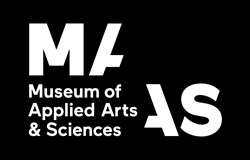When: Wednesday 14th November, 8:45am – 11:20am
Where: Theatre, Level 2 down the stairs to the right of the registration/foyer area
Hashtag: #W1
Design is not about prettifying information. Design is not a final step in production after the “real work” is done. But what is design, especially in the context of scicomm?
Designer Horst Rittel introduced and defined the term “wicked problems” to denote problems that are resistant to resolution, especially due to issues of social complexity. He contrasted these to the “tame” problems that science has effectively developed techniques to deal with. Many scicomm scenarios are wicked problems (they all deal with people in social contexts) and experienced designers can bring a different set of perspectives and skills to these problems.
Although design perspectives are relevant to all branches of scicomm, they have particular resonance in countries like Australia and New Zealand where scicomm projects regularly intersect with indigenous communities. Commonly employed scientific frameworks and methodologies, from which much scicomm derives, are ill-equipped to deal with the needs of such communities.
In this session, design professionals who engage with scicomm will provide case studies, advice, processes, and frameworks for thinking that offer alternatives to the techniques often employed by those who come to scicomm from science. They will demonstrate how designers can successfully play a significant role in scicomm conception, development, and implementation using their unique skills and approaches.
Session Producer/Session Chair/Presenter
David Harris, Lecturer (sessional), Queensland College of Art, Griffith University
Presenters
Jo Bailey, Lecturer, Massey University
Tristam Sparks, Senior Lecturer, Massey University
Jacqueline Gothe, Associate Professor, University of Technology Sydney
















